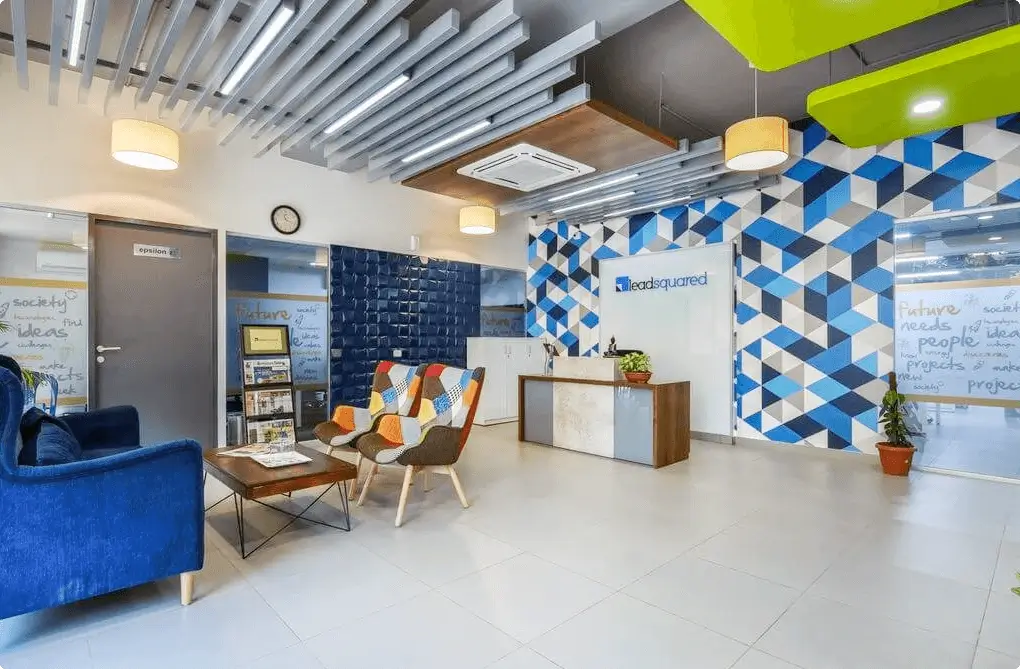NPCI’s New Headquarters: A Game Changer for India’s Payment Landscape
The National Payments Corporation of India (NPCI) is set to redefine its operational landscape with a massive infrastructure initiative. As the driving force behind India’s robust digital payment ecosystem, NPCI is embarking on the construction of a new 5 lakh square feet headquarters in Mumbai’s Bandra Kurla Complex (BKC). This move is poised to not only consolidate its operations but also to accommodate future growth in the fintech sector.
A Strategic Move to BKC
Bandra Kurla Complex is a thriving business district, already home to key financial institutions like SEBI, SBI, and ICICI Bank. NPCI’s decision to establish its headquarters here signals its intent to be at the heart of India’s financial action. The new facility will house approximately 5,000 employees, centralizing operations currently spread across rented spaces in BKC and other offices in Jogeshwari and Goregaon.
Why BKC?
- Proximity to major financial entities
- Enhanced collaboration opportunities
- Improved accessibility for employees and partners
Building for the Future
NPCI’s CEO, Dilip Asbe, highlights the necessity of this expansion. With the rapid growth in digital payments, particularly through the Unified Payments Interface (UPI), the need for a larger operational base is clear. The new headquarters will support NPCI’s initiatives in artificial intelligence and other technological advancements, ensuring it remains at the forefront of innovation.
Key Features of the New HQ:
- State-of-the-art infrastructure
- Advanced AI and tech development facilities
- Capacity for 5,000 employees, fostering collaboration and innovation
The Rise of UPI and Digital Payments
The UPI platform, a brainchild of NPCI, has revolutionized the way Indians transact. With UPI handling a significant portion of the country’s digital transactions, NPCI’s infrastructure upgrade is timely. Asbe notes that 8% of credit card spends are processed through UPI, with the RuPay gateway accounting for 16% of these transactions.
UPI’s Impact:
- Facilitates seamless peer-to-peer and merchant transactions
- Drives financial inclusion across urban and rural areas
- Encourages cashless transactions, aligning with India’s digital economy goals
Consolidation and Growth
Consolidating its workforce in a single location will streamline NPCI’s operations, enhancing efficiency and communication. This move is not just about physical space but also about fostering a culture of innovation and collaboration among its employees.
Benefits of Consolidation:
- Improved operational efficiency
- Enhanced team collaboration
- Unified corporate culture
Challenges and Considerations
While the new headquarters marks a significant milestone, NPCI must navigate several challenges. The construction timeline of three years requires meticulous planning to avoid operational disruptions. Additionally, the integration of AI and other technologies must align with regulatory standards and data security protocols.
Potential Challenges:
- Managing construction timelines and costs
- Ensuring data security and compliance
- Adapting to evolving fintech regulations
Looking Ahead
NPCI’s expansion into BKC is a strategic move that underscores its commitment to leading India’s digital payment revolution. As digital transactions continue to grow, NPCI’s new headquarters will play a pivotal role in shaping the future of fintech in India.
Questions for Consideration:
- How will NPCI’s new headquarters influence the fintech landscape in India?
- What role will AI play in NPCI’s future operations?
- How can NPCI ensure data security while expanding its technological capabilities?
By aligning its infrastructure with its strategic goals, NPCI is poised to continue its trajectory as a leader in the digital payments space. As the organization evolves, its new headquarters will be a cornerstone of innovation, collaboration, and growth, setting new benchmarks for the industry.
For more information about NPCI and its initiatives, visit the National Payments Corporation of India website.


















